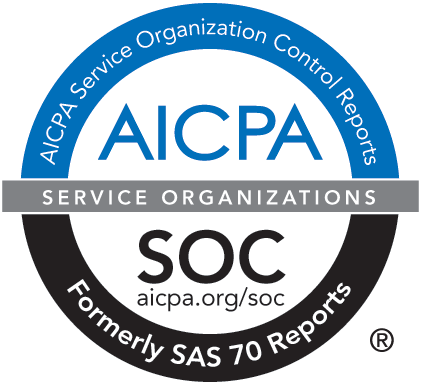FAQS: All About Surface + Subsurface Gifts
May 21, 2024 - HighGround received thought-provoking questions from the gift planners who attended our workshop at last month's American Council on Gift Annuities (ACGA) Conference. In this blog post, we're excited to share the answers to some of their questions.
What is the average cost of an appraisal of minerals?
The cost varies depending on size (the number of properties and the amount of income generated). It could be priced in different ways, such as a percentage of value or a per hour charge. The best way to feel confident in a fair appraisal price is to get quotes from several qualified appraisers before contracting with one. Here are a few sources for appraisers recommended by our minerals manager:
Does cashing a bonus check equal an acceptance of terms?
Cashing a check can indicate acceptance of a contract, so wait until you have agreed to all lease provisions before cashing any bonus or royalty check. For a deeper dive into check cashing as ratification, see this case decided by the Supreme Court of Texas.
Once mineral property is on a nonprofit’s books, how do you continue to value those assets (for accounting purposes)?
Most outside auditors accept a standard multiplier of 5x annual cash flow.
Do lease terms change when minerals property is passed down? Is it a chance for heirs to renegotiate lease terms?
No, heirs do not usually have the opportunity to renegotiate a mineral lease. A mineral lease has a primary term, which is a set number of years, and a secondary term, which continues indefinitely for as long as there is production. Thus, if the well continues to produce for many years after the primary term expires, the lease is still in force, as it is held by production. When a lease is transferred, whether by gift, sale, or inheritance, the terms of the lease stay in place. However, a lease held by production may not cover all the area specified in the original lease. Most leases have what is known as a “Pugh Clause,” which requires the severance of non-producing acreage and depths at the end of the primary term. Someone who inherits a mineral lease should inquire as to what portion of the lease is still in force. It is possible to amend an existing mineral lease, but both parties would need the motivation to do so.
Can someone claim mineral rights by adverse possession?
Yes, a “squatter” can potentially claim mineral rights, depending on the state law where the minerals are located. In Texas, someone in adverse possession of an unsevered surface estate can claim the mineral estate as well. There are many variations in oil and gas law between states, so it’s important to understand the legalities governing your mineral interest. For instance, in Louisiana, non-producing mineral rights revert to the surface owner after 10 years.
What are some resources where we can read more about all this?
A helpful primer on this topic is our Minerals on Mission blog series. This white paper, authored by our General Counsel, is another great overview. For a more in-depth read, try a concise but information-packed book such as Oil and Gas Law in a Nutshell.
If you're interested in learning more about the ways HighGround can help you make or receive a gift of mineral interests, call us today at 214.978.3300.



